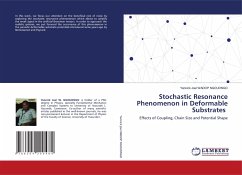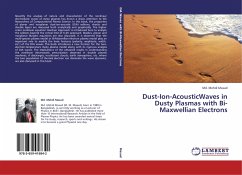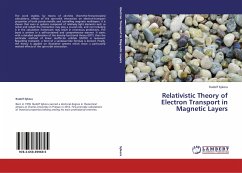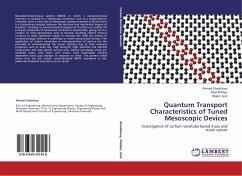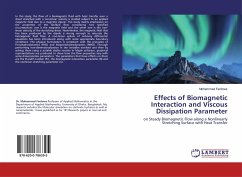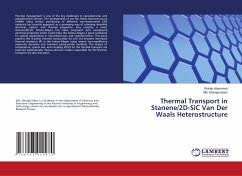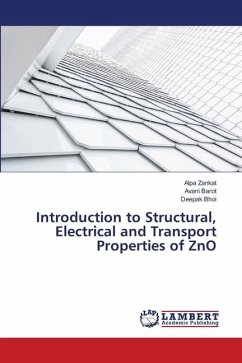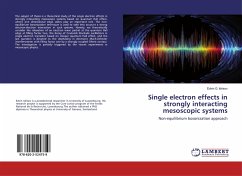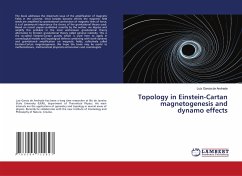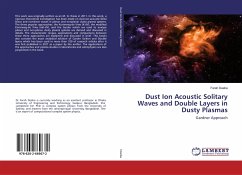
Resonance and synergy effects on fast ion transport in tokamaks
A symplectic approach
Versandkostenfrei!
Versandfertig in 6-10 Tagen
45,99 €
inkl. MwSt.

PAYBACK Punkte
23 °P sammeln!
One of today s most challenging issues in energy physics and engineering is the utilization of nuclear fusion power which can provide a lasting energy supply on earth. In the context of designing and developing magnetic confinement fusion reactors, the behavior of high-energetic ions in tokamaks deserves careful examination in theory, experiments and simulations since these ions play a crucial role in achieving and sustaining favorable fusion conditions in the fuel plasma. Thus a burning deuterium (D)-tritium (T) plasma tends to become self-heated by fusion born alphas. Therefore the behavior ...
One of today s most challenging issues in energy physics and engineering is the utilization of nuclear fusion power which can provide a lasting energy supply on earth. In the context of designing and developing magnetic confinement fusion reactors, the behavior of high-energetic ions in tokamaks deserves careful examination in theory, experiments and simulations since these ions play a crucial role in achieving and sustaining favorable fusion conditions in the fuel plasma. Thus a burning deuterium (D)-tritium (T) plasma tends to become self-heated by fusion born alphas. Therefore the behavior of energetic alpha particles in a D-T fusion reactor, i.e. their transport and losses as well as their impact on plasma stability must be well understood. In this book we examine the trajectories and diffusion properties of fast alpha particles in a tokamak reactor. For that we employ an orbit following code using a symplectic integration algorithm which allows for accurate calculations of the ion trajectories over long time periods, even in the presence of magnetic and electric field perturbations. The investigations presented in the book are of scientific importance to fusion research.



